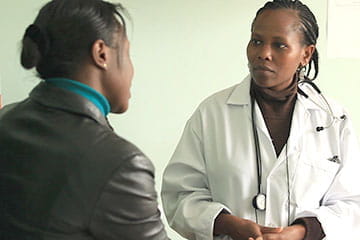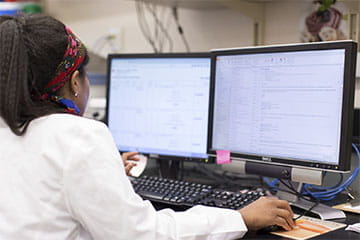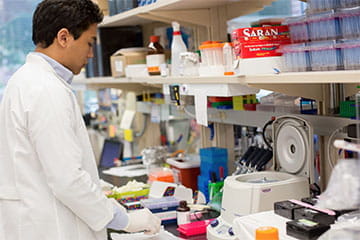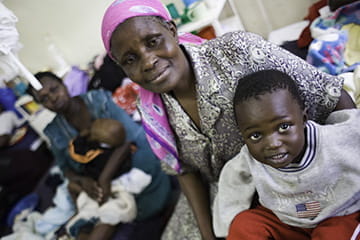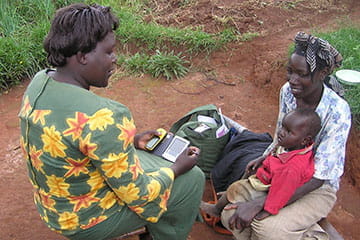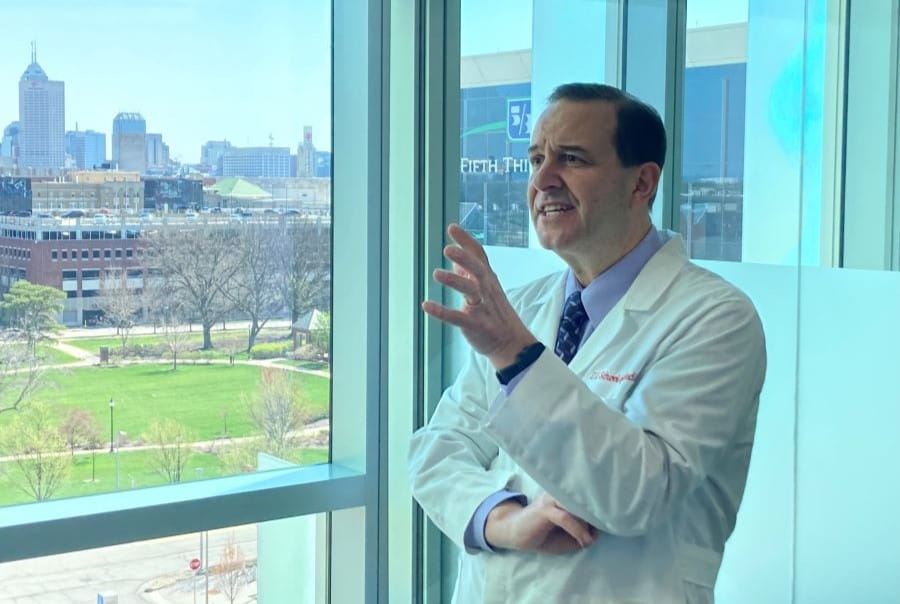Factors that support health and health-delivery systems are complex and embedded in cultural, linguistic, social, economic, political, historical and environmental contexts that cross traditional academic disciplines. Interdisciplinary teams at IU School of Medicine are exploring complex health problems throughout the world in an effort to address them and improve population health.
With more than $40 million in research funding and over 50 active research protocols with international partners, IU School of Medicine has one of the strongest global health research programs in the United States. Sharing a vision to eliminate health disparities and improve the health of people in resource-limited settings, both in Indiana and around the world, these investigators generate evidence about what works in health care in order to influence policies that save lives.

